Australian competition regulator seeks to undermine Google Search monopoly
A new report from the watchdog calls on Google to implement a search engine 'choice screen'


The Australian competition watchdog has called for Google to implement a mechanism that gives new Android users the option to choose what search engine they use.
The Australian Competition and Consumer Commission (ACCC) found that Google continues to be the dominant search engine in Australia with a market share of 94%, according to a new report published today.
Google Search is the default search engine on the two most popular browsers in Australia, Google’s Chrome and Apple’s Safari, which are pre-installed on most mobile devices. In comparison, as of June 2021, DuckDuckGo’s market share was at 0.86% and Ecosia at 0.21%.
Instead of having a default search engine set for new users, they would instead be presented with a screen displaying a selection of search engines available to the platform.
The ACCC said this would give consumers the opportunity to make an informed choice about the search engine they use and reduce barriers to expansion for Google’s competitors. This would also give consumers more control over how they handle issues like privacy and how personal data is used and collected.
The ACCC said this choice screen should initially apply to new and existing Android mobile devices and any apps or services that facilitate access to online search, including browsers, widgets, and voice assistants.
The second measure it recommended was to be given the power to develop additional measures to improve competition and consumer choice in search, which might include restricting dominant search engines from tying or bundling search services with other goods or services.
Get the ITPro daily newsletter
Sign up today and you will receive a free copy of our Future Focus 2025 report - the leading guidance on AI, cybersecurity and other IT challenges as per 700+ senior executives
“Search engines play a critical role in the digital economy. We are concerned that Google’s dominance and its ability to use its financial resources to fund arrangements to be the default search engine on many devices and other means through which consumers access search, such as browsers, is harming competition and consumers,” ACCC chair Rod Sims said. “Google pays billions of dollars each year for these placements, which illustrates how being the default search engine is extremely valuable to Google’s business model.”
The report found that Google’s dominance in general search engine services in the country is extended and entrenched by the large sums of money it pays to be the default search engine on Safari, its ownership of Chrome, and by the pre-installation and default arrangement it has in place with competing browser suppliers and device manufacturers that use the Android operating system.
An example of this is that over 90% of Mozilla’s revenue in 2019 was derived from royalty payments by search engines for search default placement on Firefox.
RELATED RESOURCE

Driving adoption of digital self-service
From early innovation to mass adoption of digital ordering
The watchdog took into account Google’s choice screen for search services on new Android devices in Europe, which was voluntarily implemented by the company following a decision by the European Commission (EC), although the ACCC said it found many deficiencies in these arrangements.
In September 2020, DuckDuckGo slammed the Android search engine auction model as “fundamentally flawed” and urged the EC to take action against Google. The tech giant created an auction where new Android customers would be able to choose from four different search engines when setting up a new device. Companies that wanted their search engines to be included had to bid against each other to secure a place on the list.
Zach Marzouk is a former ITPro, CloudPro, and ChannelPro staff writer, covering topics like security, privacy, worker rights, and startups, primarily in the Asia Pacific and the US regions. Zach joined ITPro in 2017 where he was introduced to the world of B2B technology as a junior staff writer, before he returned to Argentina in 2018, working in communications and as a copywriter. In 2021, he made his way back to ITPro as a staff writer during the pandemic, before joining the world of freelance in 2022.
-
 Should AI PCs be part of your next hardware refresh?
Should AI PCs be part of your next hardware refresh?AI PCs are fast becoming a business staple and a surefire way to future-proof your business
By Bobby Hellard
-
 Westcon-Comstor and Vectra AI launch brace of new channel initiatives
Westcon-Comstor and Vectra AI launch brace of new channel initiativesNews Westcon-Comstor and Vectra AI have announced the launch of two new channel growth initiatives focused on the managed security service provider (MSSP) space and AWS Marketplace.
By Daniel Todd
-
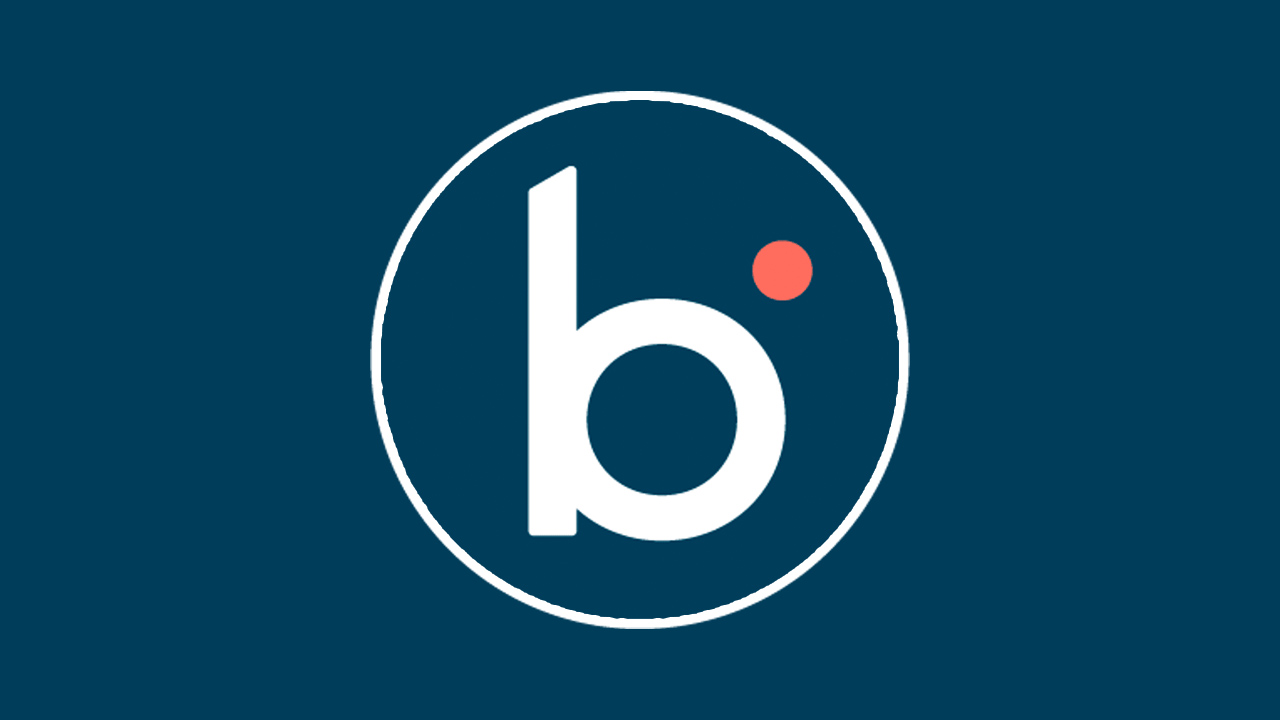 Boomi snaps up former MuleSoft executive as APJ channel lead
Boomi snaps up former MuleSoft executive as APJ channel leadNews Global software veteran Jim Fisher will work to expand the company’s channel operations across the region
By Daniel Todd
-
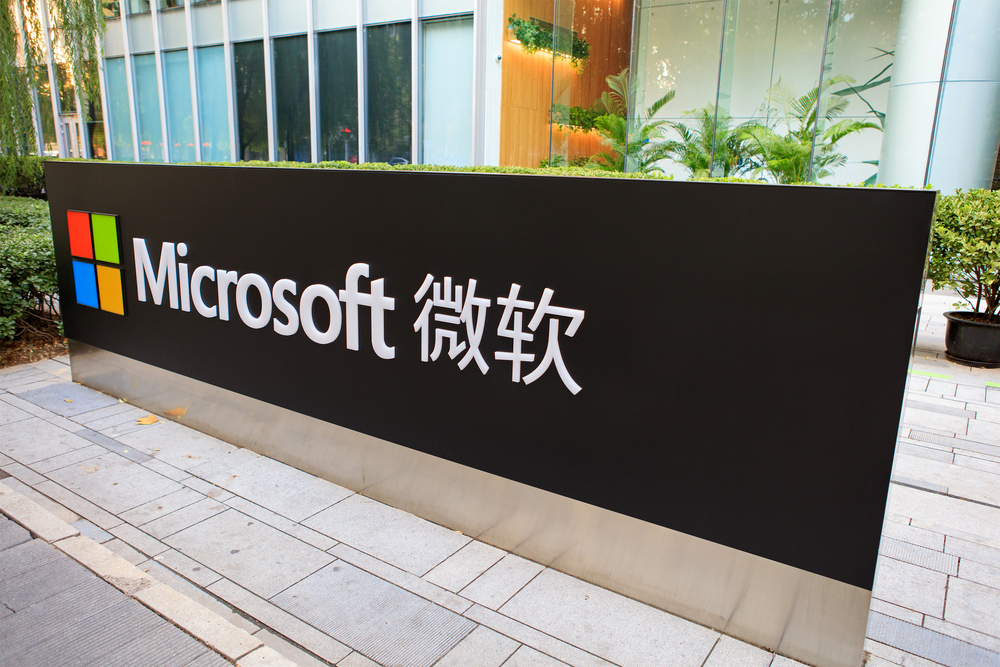 Why Microsoft Teams has only just launched in China
Why Microsoft Teams has only just launched in ChinaNews The tech giant has officially launched Teams via its local partner in China, after it was launched globally in 2017
By Zach Marzouk
-
 UK startup's Equinix deal marks step towards broad quantum computing access
UK startup's Equinix deal marks step towards broad quantum computing accessNews Businesses around the world will be able to use its quantum computing as a service platform through Equinix
By Zach Marzouk
-
 MI5 to establish new security agency to counter Chinese hacking, espionage
MI5 to establish new security agency to counter Chinese hacking, espionageNews The new organisation has been compared to GCHQ’s NCSC, and will provide companies advice on how to deal with Chinese companies or carry out business in China
By Zach Marzouk
-
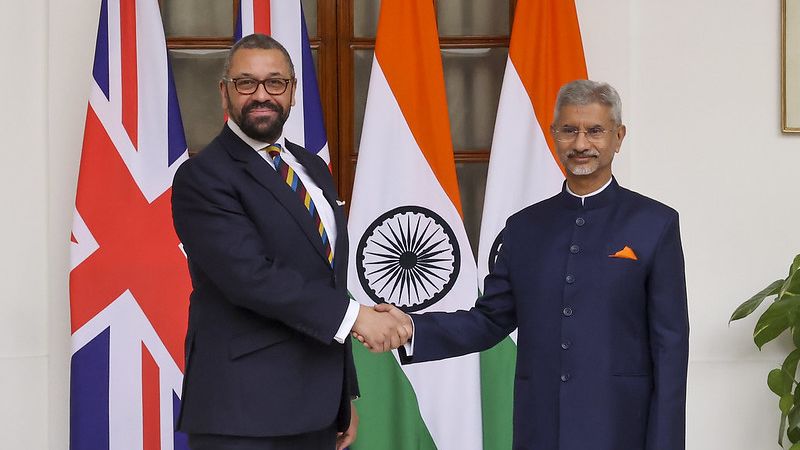 UK set to appoint second-ever tech envoy to Indo-Pacific region
UK set to appoint second-ever tech envoy to Indo-Pacific regionNews The role will focus on India after Joe White was made the first technology envoy, a role focused on the US, in 2020
By Zach Marzouk
-
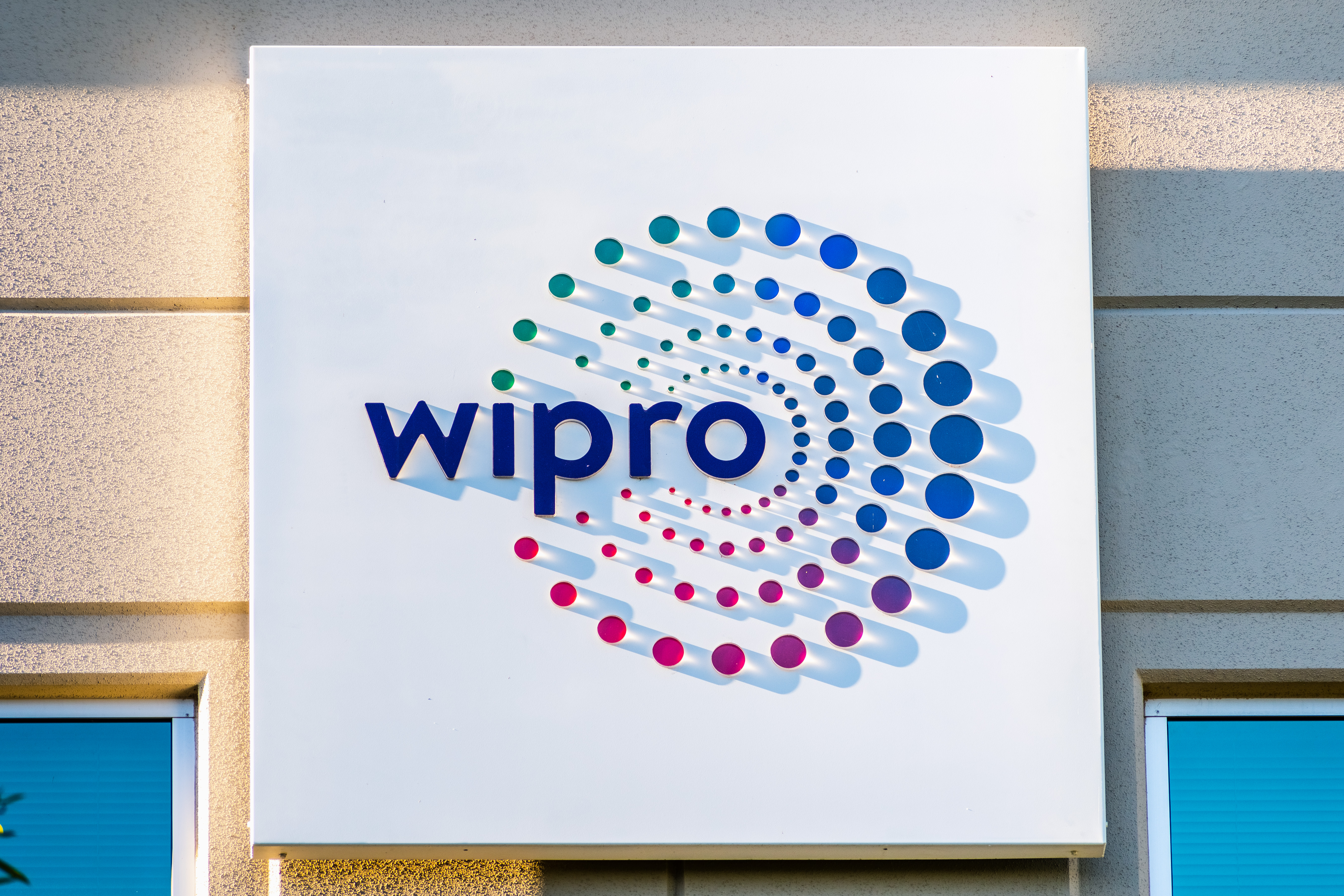 Wipro faces criticism after cutting graduate salaries by nearly 50%
Wipro faces criticism after cutting graduate salaries by nearly 50%News Graduates were given days to decide whether they would accept greatly reduced pay offers, prompting union action
By Rory Bathgate
-
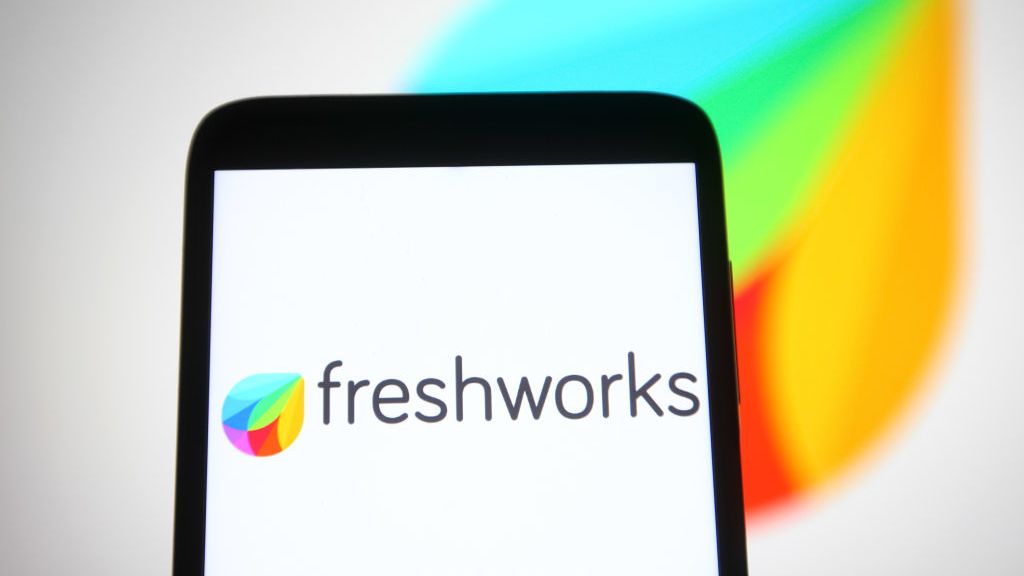 Freshworks appoints Sandie Overtveld as new SVP of APJ and MEA
Freshworks appoints Sandie Overtveld as new SVP of APJ and MEANews The digital transformation veteran brings years of regional expertise to lead Freshworks’ growth strategy
By Daniel Todd
-
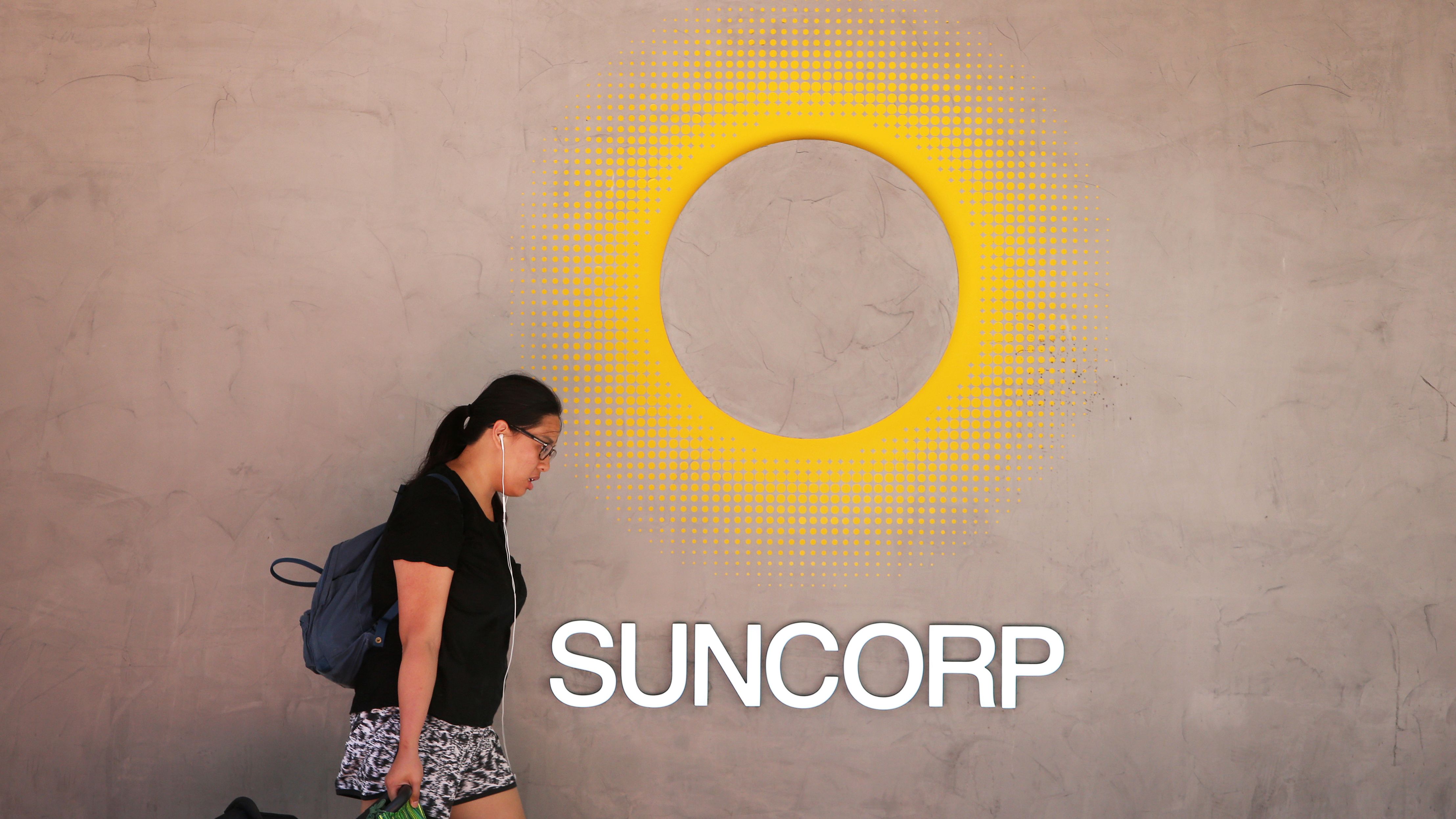 Suncorp signs three-year Azure deal to complete multi-cloud migration by 2024
Suncorp signs three-year Azure deal to complete multi-cloud migration by 2024News The financial services firm seeks to wind down its on-prem data centres and wants 90% of its workloads in the cloud by the end of the year
By Zach Marzouk